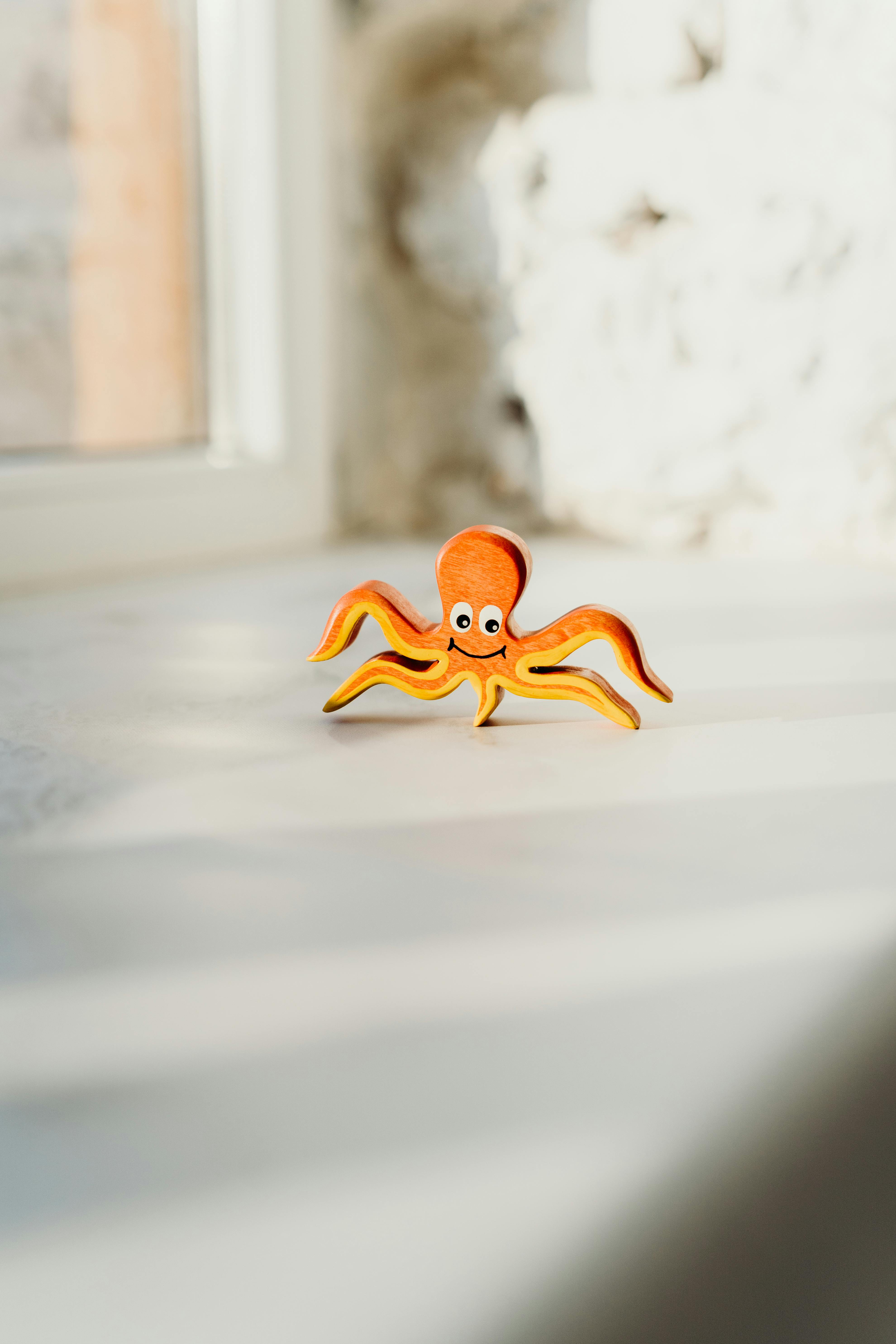Understanding the Remarkable Intelligence of Octopuses
For centuries, octopuses have captivated the human imagination with their extraordinary abilities and alien-like features. However, recent studies have revealed that these creatures are not only fascinating to observe but also possess a remarkable level of intelligence. This article delves into the world of octopuses, exploring their cognitive abilities, interaction with their environment, and their role in marine ecosystems.

Octopuses: A Historical Perspective
The octopus has a rich history that spans millions of years. They first appeared in the late Carboniferous period, around 296 million years ago. As mollusks, they belong to the class Cephalopoda, which also includes squids and cuttlefish. Over time, octopuses have evolved into highly intelligent and adaptable creatures, capable of surviving in a variety of marine environments.
The Cognitive Abilities of Octopuses
The intelligence of octopuses is a subject of ongoing scientific study. They have been observed using tools, learning through observation, and showing problem-solving skills. For example, octopuses have been seen using coconut shells as protective shelters, demonstrating a level of foresight typically associated with higher mammals.
One of the key factors that contribute to their cognitive abilities is their large brain. Octopuses have the largest brain-to-body mass ratios of all invertebrates. Furthermore, two-thirds of their neurons are located in their arms, allowing them to taste and touch their environment, and even control their movement independently of the central brain.
Octopuses and Their Environment
Octopuses interact with their environment in unique and complex ways. Their ability to change color and texture not only serves as a defensive mechanism but also as a means of communication. They are known to exhibit different colors and patterns depending on their mood, health, or the presence of a potential mate or predator.
Their unique physiology also allows them to navigate through tight spaces and escape from predators. Some species, like the mimic octopus, can even imitate the shapes and behaviors of other marine creatures to avoid detection.
Current Developments and Market Impact
The study of octopuses has significant implications for various fields. In robotics, for instance, researchers are exploring the octopus’s flexible movements to create more adaptable and efficient machines. In neuroscience, the octopus’s unique nervous system is providing fresh insights into brain function and cognition.
While it’s difficult to estimate the exact monetary value of these developments, the potential market impact is considerable. For example, the global market for soft robotics is projected to reach $3.3 billion by 2025, with bio-inspired designs playing a key role in this growth.
Conclusion
Octopuses are truly extraordinary creatures. Their unique cognitive abilities and interaction with their environment offer a wealth of research opportunities, with potential applications in various fields. As we continue to explore the depths of the ocean, who knows what other secrets these remarkable creatures might reveal?
In conclusion, the octopus is more than just an enigmatic creature of the deep. It’s a testament to the wonders of evolution and a symbol of the endless possibilities that nature holds.




